Court confirms legitimacy of disbarment for participation in covert investigative (search) actions
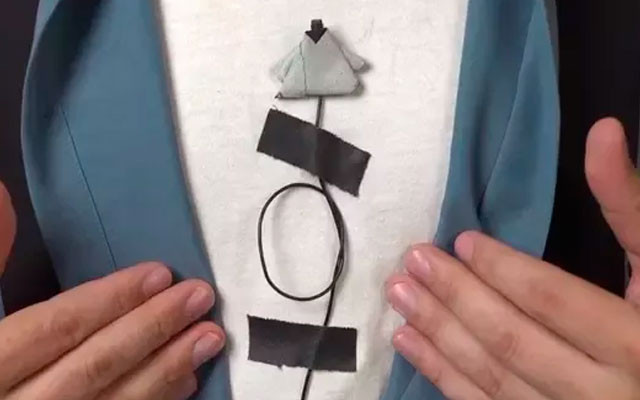
The obligation of an attorney to cooperate confidentially during operational and investigative measures or investigative actions is a violation of the Law «On the Advocacy and Practice of Law» and may result in disciplinary liability.
This conclusion was reached by the Sixth Administrative Court of Appeal in case No. 640/21514/21. The relevant resolution dated 31.10.2023 was recently published in the Unified State Register of Court Decisions.
The lawyer filed a statement with the SBU reporting the fact of extortion of undue advantage by an officer of the National Police of Ukraine in a car theft case (in this case, the lawyer provided legal services to the suspect).
The State Bureau of Investigation opened criminal proceedings based on this statement. During the interrogation of the lawyer, it was found that the SBU officers had given him funds to control the commission of the crime in the form of a special investigative experiment. This covert action resulted in the detention of a National Police officer. The latter filed a complaint against the lawyer with the QDCB.
The Disciplinary Chamber of the QDCB concluded that under the circumstances, the advocate participated in confidential cooperation, using his status as a lawyer and defense counsel for his client in criminal proceedings. Therefore, the advocate was brought to responsibility in the form of disbarment, with subsequent exclusion of information from the Unified Register of Advocates.
The lawyer appealed to the administrative court. He believed that the decision of the QDCB did not meet the requirements of the law due to the absence of a violation of the oath of an advocate of Ukraine, the Rules of Professional Conduct and the Law «On the Advocacy and Practice of Law», given that the contested decision did not specifically indicate which actions of the plaintiff as an advocate had signs of disciplinary misconduct.
The first instance dismissed the claim, so the attorney filed an appeal.
The Sixth Administrative Court of Appeal referred to Art. 275 of the Criminal Procedure Code, which prohibits the involvement of lawyers, in particular, in confidential cooperation during covert investigative actions, if such cooperation is related to the disclosure of confidential professional information.
The appeal also took into account the decision of the Bar Council of Ukraine No. 123 dated 15.11.2019, which approved an explanation of the inadmissibility of involving a lawyer in confidential cooperation with pre-trial investigation authorities with the client's consent.
In this decision, the BCU emphasized the legislatively defined obligation of law enforcement agencies to carry out operational and investigative measures or investigative actions within the framework of the current legislation.
The advocate's consent to confidential cooperation during operational and investigative measures is a violation of the Law and, accordingly, may entail disciplinary liability.
In this decision, the BCU explained that in the context of the provisions of Art. 23 of the Law and the CPC, each advocate is obliged to refrain from participating in confidential cooperation during operational and investigative measures or investigative actions, since such cooperation may lead to the disclosure of the attorney-client privilege, while in case of receiving proposals for such illegal actions, advocates should apply to law enforcement agencies and report such facts to the regional bar councils in order to protect their rights and guarantee the practice of law.
The court separately reminded that in accordance with Part 1 of Art. 57 of the Law, decisions of the Bar Council of Ukraine are binding on all advocates.
Based on this, the panel of judges of the Sixth Administrative Court of Appeal stated that the lawyer, in violation of the Law and the CPC, allowed confidential cooperation with the pre-trial investigation authorities.
Therefore, the appeal was dismissed, and the decision of the court of first instance was upheld.
Popular news
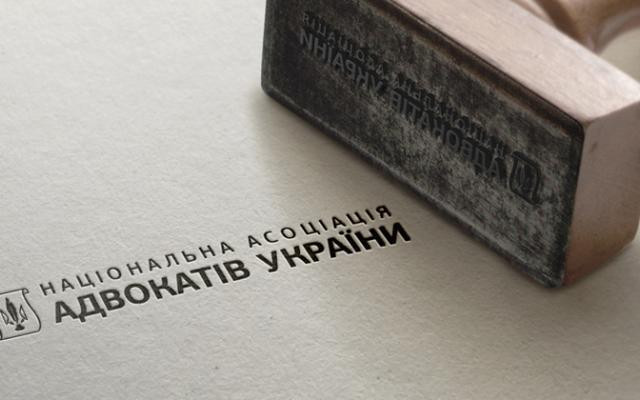
Self-government
The BCU demands a review of the composition of the government working group on reforming the advocacy profession
The President of the UNBA, BCU Lidiya Izovitova, appealed to the Cabinet of Ministers of Ukraine to review the composition of the working group on improving legislation in the field of advocacy and legal practice.

Discussion
Why lowering the age of marriage lacks legal logic
Although until 2012 there was a provision in family law that allowed children to marry from the age of 14 under certain circumstances, its return to Ukrainian law would contradict international obligations and the logic of criminal law.

European integration
Open dialogue between the UNBA and the European Commission on the path to EU
The Ukrainian National Bar Association held a working meeting in Brussels with Mr Wolfgang Nozar, Head of Unit for Governance, Rule of Law and Financial Assistance, Directorate-General for Enlargement and Eastern Neighbourhood (DG ENEST), European Commission.

Self-government
A report on Ukrainian advocacy was presented in the European Parliament
Can a shadow report on advocacy replace the political framework of the Roadmap on the rule of law with demands for the restructuring of self-government? Where is the line between accountability and the seizure of institutions? And how can we respond to narratives with data rather than impressions?
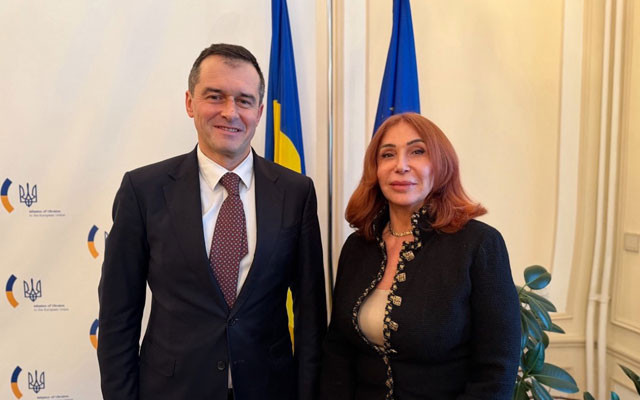
European integration
UNBA and Ukraine's representation to the EU have synchronized their priorities
On February 5, in Brussels, the President of the UNBA, BCU Lidiya Izovitova held a working meeting with the Ambassador Extraordinary and Plenipotentiary of Ukraine, Representative of Ukraine to the European Union Vsevolod Chentsov.
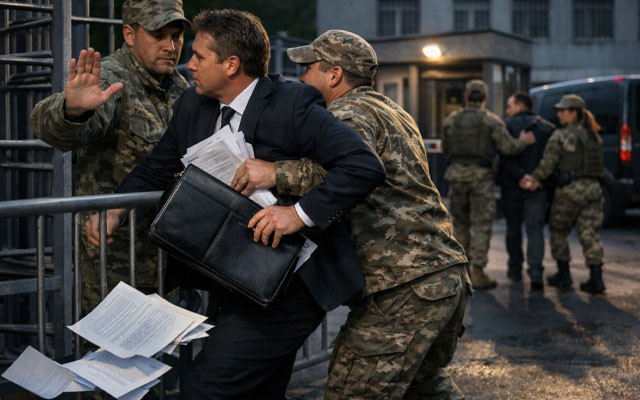
Guarantees of the practice of law
Proceedings opened following attack on advocate in Dnipro
The Committee for the protection of advocates' rights and guarantees of legal practice of the UNBA appealed to law enforcement agencies in connection with an advocate's report of an attack while performing his professional duties. The information was entered into the Unified Register of Pre-trial Investigations and a pre-trial investigation was initiated.
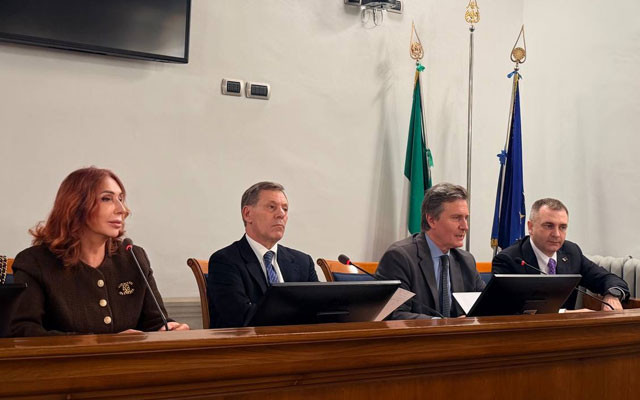
Interaction
«With us — to Europe»: Italian advocacy supports UNBA initiatives
On January 30, a meeting was held in Rome between a delegation from the Ukrainian National Bar Association and the National Bar Council of Italy (Consiglio Nazionale Forense, CNF) on the standards and practices of the legal profession and their significance for Ukraine's European integration process.
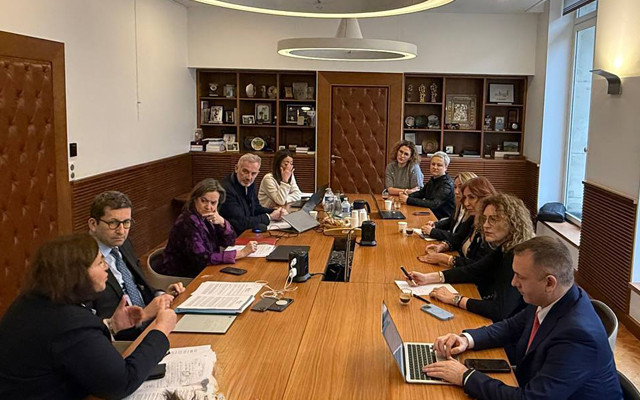
Interaction
France confirms cooperation with UNBA on reforms in the field of the rule of law
On January 29, a working meeting between representatives of the Ukrainian National Bar Association and the French National Bar Council (Conseil National des Barreaux, CNB) took place in Paris.
Publications

Volodymyr Matsko Extradition as a systemic form of rights violations

Victoria Yakusha, Law and Business The anti-corruption vertical cannot «take care» of the Bar as an institution, - acting head of the HQDCB

Censor.net Protecting advocates – protecting justice: addressing concerns about the new law

Ihor Kolesnykov A BRIEF SUMMARY REGARDING THE APPLICATION OF THE ORDER ON EXTENDED CONFISCATION IN LATVIA REGARDING FINANCIAL ASSETS OF…

Valentyn Gvozdiy WORKING IN A WAR ZONE

Lydia Izovitova Formula of perfection

Sergiy Vylkov Our judicial system is so built that courts do not trust advocates

Iryna Vasylyk Advocacy in the proclamation of Independence of Ukraine
